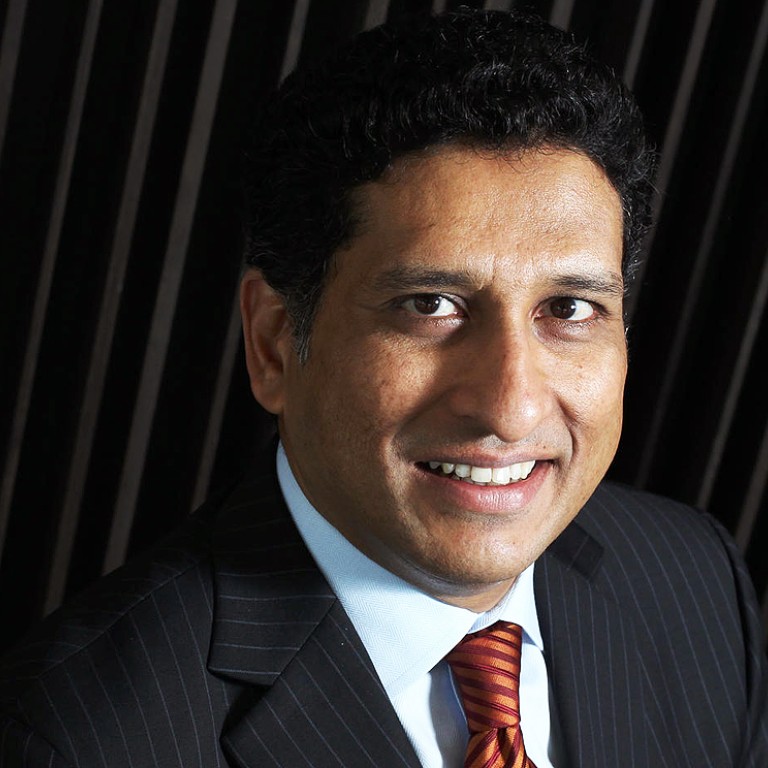
Deutsche Bank bets on Hong Kong for wealth management
Financial reform and stock connect cited as key factors behind decision
The growing number of millionaires and a raft of market reforms on the mainland have prompted Deutsche Bank to relocate its Asian asset and wealth management head to Hong Kong from Singapore.
Ravi Raju, the managing director and regional head of Deutsche Asset & Wealth Management in Asia-Pacific, said the move to Hong Kong was designed to capture opportunities in the mainland and North Asia in general.
"China is implementing many reforms aimed at the internationalisation of the yuan, which is expected to become globally convertible over time," Raju told the .
The latest step in that internationalisation process comes today, with the launch of the Shanghai-Hong Kong Stock Connect scheme to directly link share trading in the two cities - and a parallel reform to scrap the cap on yuan conversions for Hong Kong residents.
This will be followed with a mutual recognition scheme for certain funds domiciled in Hong Kong to be sold on the mainland while some mainland funds will be allowed to be sold in the city.
"These reforms will allow domestic Chinese investors to invest internationally, and we are in a good position to help these investors implement these investments. We also have many international investors who wish to invest into the domestic Chinese market through A shares and other mainland fund products," Raju said.
Deutsche Bank first entered the Chinese market in 1872, just two years after it was founded in Germany. It now has an equity stake in Harvest Fund Management, one of the largest domestic asset managers in China.
The asset and wealth management division has about 10 per cent of its assets under management in Asia. The annual rate of growth in the region's assets under management has run at about 10 to 15 per cent in recent years, compared with only 2 to 3 per cent growth in developed western markets.
China is currently the third-fastest producer of millionaires, after Japan and Kuwait. The world's second-largest economy has a 17.8 per cent growth rate in the number of people with more than US$1 million to invest, taking the total to 758,000, according to the World Wealth Report 2014 by Capgemini and RBC Wealth Management.
Although Hong Kong has recently faced political uncertainty as a result of the pro-democracy Occupy Central protests, Raju said his clients had not lost confidence in the city.
Hong Kong Monetary Authority chief executive Norman Chan Tak-lam said two weeks ago customers at some private banks had begun to ask if they should move money out of Hong Kong because of the protests.
"Our customers do not have such questions," Raju said. "Many of our private banking clients are focused on long-term investments. Our bank and our clients are very comfortable to continue to invest in Hong Kong and mainland China," he said.

